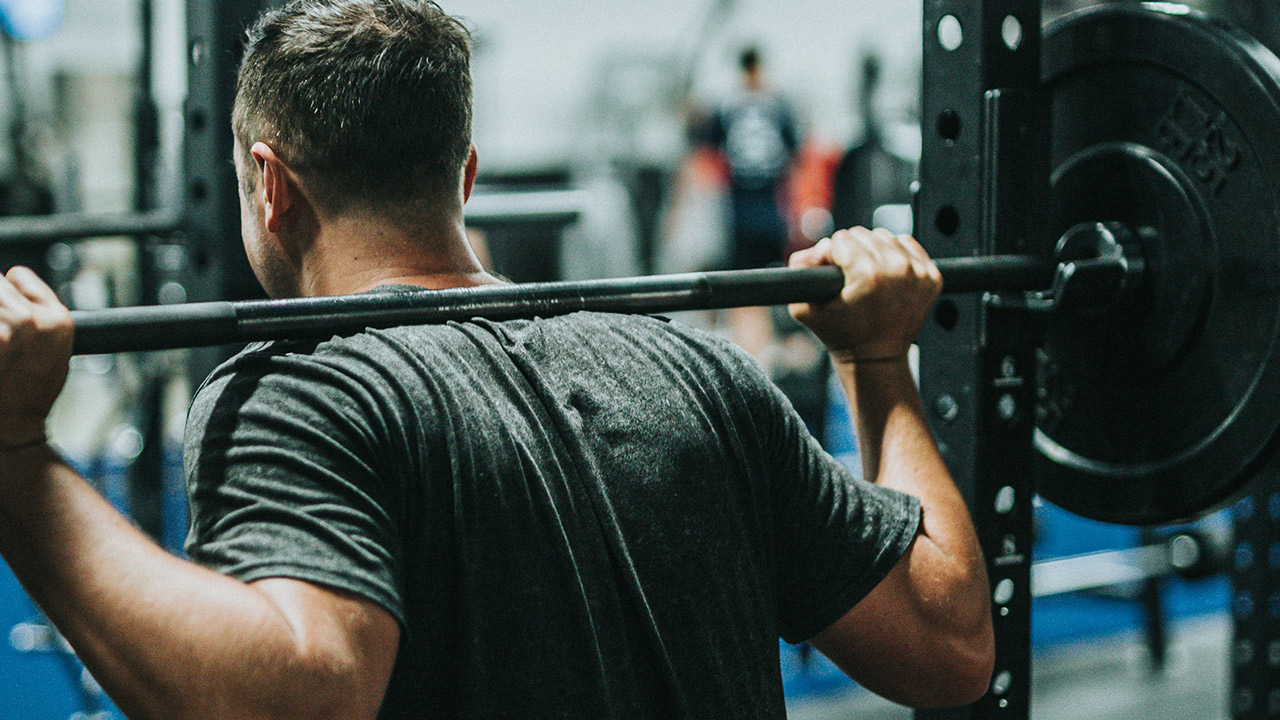How to Build Muscle and Burn Fat on a Vegan Diet: Tips and Tricks for Plant-Based Athletes

Hey Angels and Alphas,
As more people shift towards plant-based diets, many athletes and fitness enthusiasts are choosing to adopt a vegan diet to fuel their workouts and achieve their fitness goals. But, is it possible to build muscle and burn fat on a vegan diet?
The answer is yes, with a little extra planning and attention to nutrient intake. Here are some tips and tricks for plant-based athletes looking to build muscle and burn fat.
Prioritize Protein Intake
Protein is essential for building and repairing muscle tissue, and it’s especially important for athletes and fitness enthusiasts looking to build muscle. While plant-based protein sources may be lower in some essential amino acids than animal-based sources, it’s still possible to meet your protein needs on a vegan diet.
Some excellent sources of vegan protein include legumes, tofu, tempeh, seitan, and quinoa. Additionally, incorporating protein supplements like vegan protein powders and bars can help ensure you’re meeting your daily protein needs.
Increase Your Caloric Intake
To build muscle, you need to consume more calories than your body burns. This is known as a caloric surplus. However, it’s important to ensure that you’re consuming healthy, nutrient-dense foods, rather than simply consuming more junk food. Good sources of healthy calories include whole grains, nuts, seeds, avocados, and plant-based oils.
Incorporate Resistance Training
Resistance training, such as weight lifting, is key to building muscle and burning fat. By challenging your muscles through resistance training, you can stimulate muscle growth and increase your metabolic rate, which can help you burn more calories at rest. Aim to incorporate resistance training into your workout routine at least two to three times per week.
Don’t Skimp on Carbohydrates
Carbohydrates are an important fuel source for athletes and fitness enthusiasts, as they provide the energy needed to power through workouts. Good sources of complex carbohydrates include whole grains, sweet potatoes, fruits, and vegetables. It’s important to consume carbohydrates in the appropriate amounts to support your activity level and goals.
Focus on Nutrient-Dense Foods
While it’s possible to consume a vegan diet high in processed foods and still achieve your fitness goals, it’s important to prioritize nutrient-dense whole foods. These foods provide the essential nutrients your body needs to perform at its best. Focus on consuming a variety of fruits, vegetables, whole grains, legumes, nuts, and seeds to support your overall health and fitness.
Get Enough Rest and Recovery
Rest and recovery are just as important as exercise when it comes to building muscle and burning fat. Adequate sleep, proper hydration, and stress management are all important aspects of rest and recovery that can support your fitness goals. Aim to get 7-9 hours of sleep per night, drink plenty of water throughout the day, and find ways to manage stress, such as through meditation or yoga.
Work on Correcting Common Deficiencies, Even Before They Happen
One nutrient that can be challenging to obtain on a vegan diet is vitamin B12. This vitamin is primarily found in animal products but can be obtained from fortified plant-based foods or supplements. It’s important for vegans to regularly consume vitamin B12-fortified foods or take a vitamin B12 supplement to avoid deficiency.
Iron is another nutrient that can be challenging for vegans to obtain in sufficient amounts. However, there are many plant-based sources of iron, such as dark leafy greens, beans, lentils, fortified cereals, and tofu. Consuming vitamin C-rich foods, such as citrus fruits or bell peppers, along with iron-rich foods can also enhance iron absorption.
Calcium is another nutrient that is commonly associated with dairy products, but there are many plant-based sources of calcium as well. Good sources of calcium on a vegan diet include fortified plant milks, tofu, kale, bok choy, and fortified orange juice.
In summary, building muscle and burning fat on a vegan diet is possible with the right approach. Prioritize protein intake, increase your caloric intake, incorporate resistance training, don’t skimp on carbohydrates, and focus on nutrient-dense whole foods.
Additionally, consider timing your nutrient intake, getting enough rest and recovery, working with a professional, and being patient and consistent in your efforts. With these tips and tricks, you can achieve your desired physique and performance on a vegan diet.





